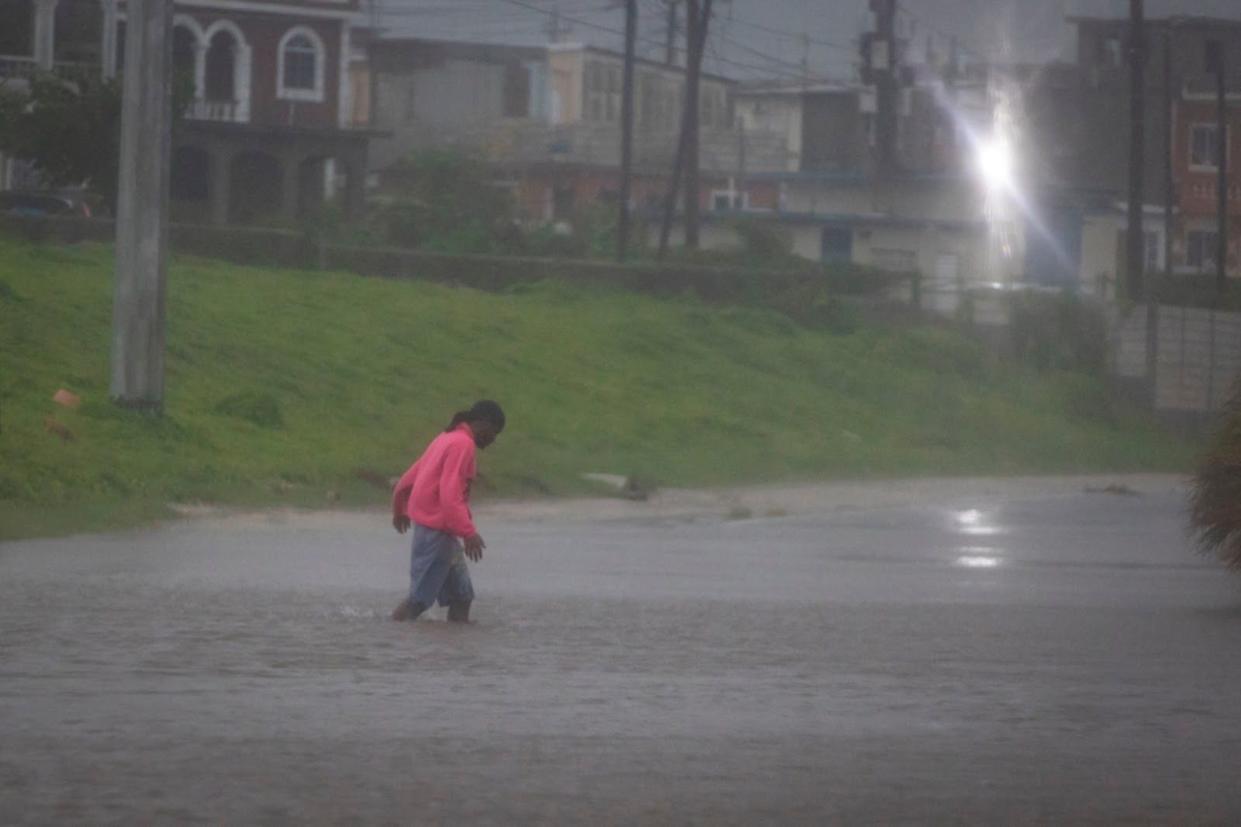Global warming is intensifying hurricanes like Beryl

Insights from Sky News and the BBC
The News
Hurricane Beryl hit Jamaica after killing at least seven people and causing extensive damage in the southeast Caribbean. It is the most powerful storm ever to make landfall this early in hurricane season due to the Atlantic’s unusually warm waters.
Scientists said the intensity of storms such as Beryl, which is on track to hit Mexico and the southern US, is increasing due to global warming and the likely impact of climate change.
SIGNALS
Hurricanes typically don’t reach this intensity so early
Hurricane season usually runs from June to November — but Beryl has developed into a powerful storm much earlier than then the expected month of September, recording a top-level Category 5 in June. The hurricane’s early development points to the likely contribution of climate change: The Atlantic Ocean is hotter than normal, and warm waters fuel strong hurricanes. Global warming has helped push temperatures in the North Atlantic to record highs, Christopher Rozoff, an atmospheric scientist at the US National Centre for Atmospheric Research, told Sky News.
The number of hurricanes is unchanged, but they’re getting stronger
Beryl is a record-breaking outlier — but representative of the extremes that can be expected as climate change progresses, one analyst said. Ocean heating isn’t changing the number of hurricanes that occur every season, but it is changing the speed at which they are intensifying, making the season feel more aggressive. Intense hurricanes will be the norm going forward, one meteorologist told the BBC. It’s not entirely clear to what degree climate change contributed to Beryl’s early formation, but “climate models suggest that the mean intensity of hurricanes will increase in the future due to enhanced global warming,” said Hiroyuki Murakami, a research scientist with the Washington DC-based National Oceanic and Atmospheric Administration.

